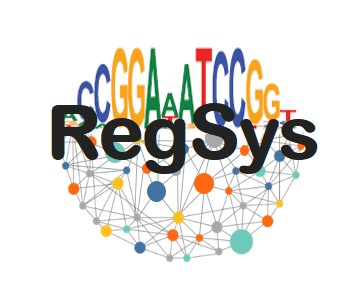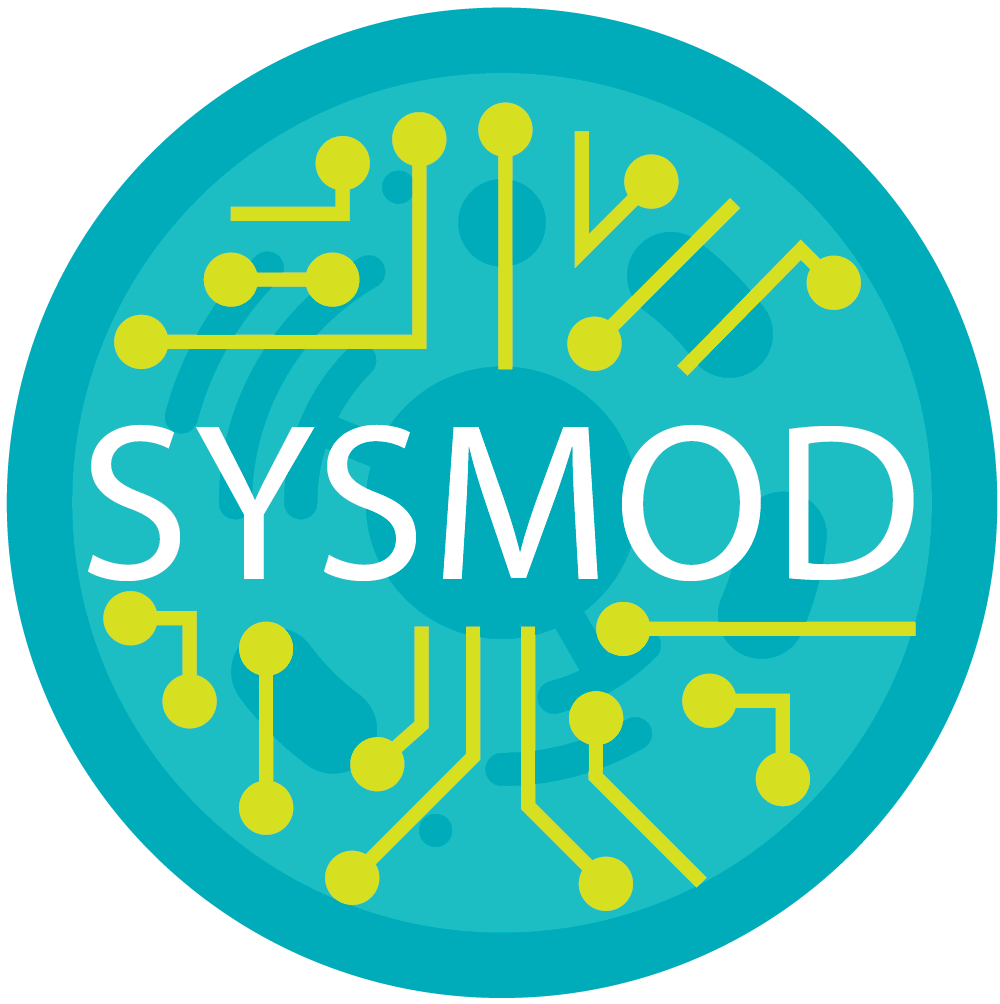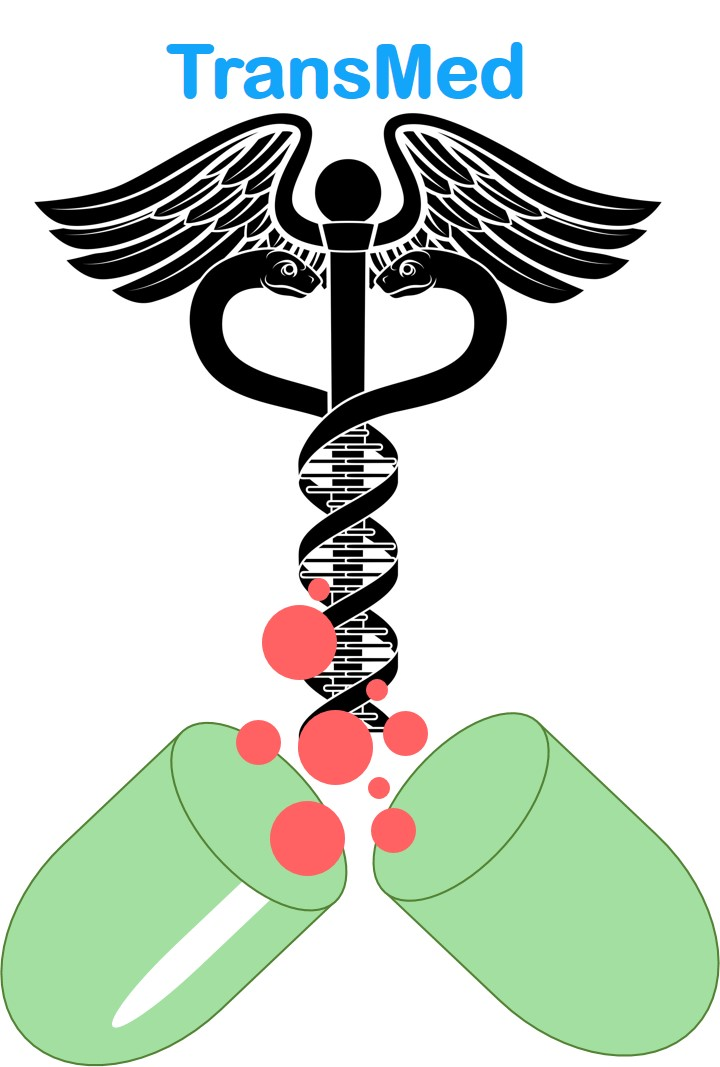ISCBacademy 2022 Archived Webinars
To view previous webinars use the links below
Please use the links below to view 2022 webinars:
- January 11, 2022 at 11:00 AM EST - Integrated analysis of single-cell data across technologies and modalities by Rahul Satija, New York Genome Center - Hosted by RegSys
- January 18, 2022 at 11:00 AM EST - Accelerating biomedical discovery with large-scale knowledge assembly and human-machine collaboration - Benjamin Gyori, Harvard Medical School - Hosted by SysMod
- February 1, 2022 at 11:00 AM EST - COVID-19 Disease Map: building a computational repository of SARS-CoV-2 virus-host interaction mechanisms - Marek Ostaszewki, University do Luxembourg - Hosted by TransMed
Integrated analysis of single-cell data across technologies and modalities
by Rahul Satija
January 11, 2022 at 11:00 AM EST
The simultaneous measurement of multiple modalities represents an exciting frontier for single-cell genomics and necessitates computational methods that can define cellular states based on multimodal data. Here, we introduce “weighted-nearest neighbor” analysis, an unsupervised framework to learn the relative utility of each data type in each cell, enabling an integrative analysis of multiple modalities. We apply our procedure to a CITE-seq dataset of 211,000 human peripheral blood mononuclear cells (PBMCs) with panels extending to 228 antibodies to construct a multimodal reference atlas of the circulating immune system. Multimodal analysis substantially improves our ability to resolve cell states, allowing us to identify and validate previously unreported lymphoid subpopulations. Moreover, we demonstrate how to leverage this reference to rapidly map new datasets and to interpret immune responses to vaccination and coronavirus disease 2019 (COVID-19). Our approach represents a broadly applicable strategy to analyze single-cell multimodal datasets and to look beyond the transcriptome toward a unified and multimodal definition of cellular identity.
Hosted by:

Accelerating biomedical discovery with large-scale knowledge assembly and human-machine collaboration
by Benjamin Gyori
January 18, 2022 at 11:00 AM EST
The rate at which biomedical knowledge is produced (both at the level of new publications and data sets) is accelerating, and there is an increasing need to monitor, extract and assemble this knowledge in an actionable form. Classic mechanistic models take substantial human effort to construct and rarely scale to the level of omics datasets, while statistical approaches often do not make use of prior knowledge about mechanisms. To address these challenges, we present INDRA, an automated knowledge assembly system which integrates multiple text mining tools that process the scientific literature, and structured sources (pathway databases, drug-target databases, etc.). INDRA standardizes knowledge extracted from these sources and corrects errors, resolves redundancies, fills in missing information, and calculates confidence to create a coherent knowledge base. From this knowledge, various executable model types (ODEs, Boolean networks, etc.) and causal networks can be generated automatically for further analysis. We discuss technology built on top of INDRA, including human-machine dialogue systems, and EMMAA, a framework which makes available a set of self-updating and self-analyzing models of specific diseases and pathways. We present applications of these tools to automatically construct explanations for experimental observations in multiple disease areas.
Hosted by:

COVID-19 Disease Map: building a computational repository of SARS-CoV-2 virus-host interaction mechanisms
by Marek Ostaszewski
February 1, 2022 at 11:00 AM EST
Disease Maps are computational and visual knowledge repositories constructed to catalogue, standardise, and model disease-related mechanisms. They allow to bridge the knowledge gap between biomedical experts and the computational biologists towards contextualised data analysis and modelling of a given pathophysiology. Disease Maps are built using graphical and computational Systems Biology standards and can be used as interactive knowledge repositories, platforms for visual analytics of omics datasets, or integrated into large-scale computational workflows. With the global impact of COVID-19, we organised a community effort to develop a COVID-19 Disease Map to help researchers worldwide to study the mechanisms of the SARS-CoV-2 – host interactions. Our effort engaged over 250 members, contributing as domain experts, diagram curators, analysts, and modellers. This talk will discuss the challenges of community biocuration and integration of a plethora of resources, from Systems Biology diagrams, through interaction databases and text mining results to modelling pipelines of varying granularity.
Hosted by:
